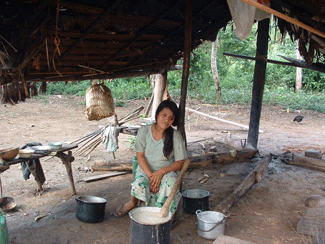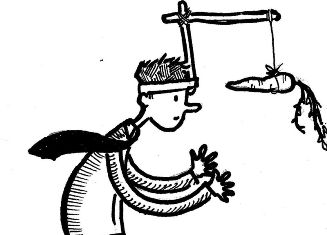
- Home

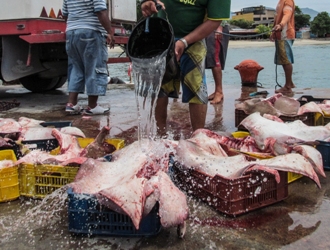
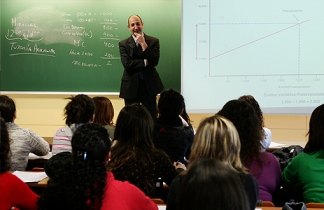
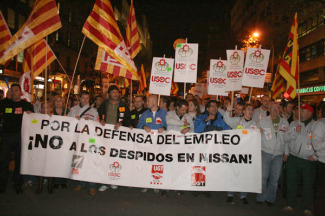
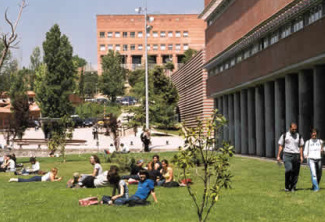
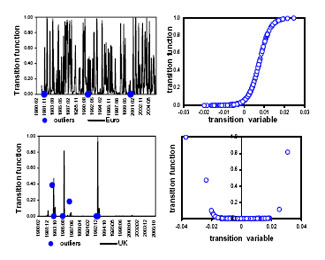

Public education and social stratificacion in Colombia
This Ph.D. dissertation studies the differential capacity of Colombia's rich and poor populations to take advantage of the national public educational opportunities. The conclusion is clear: prevailing social inequality strongly inhibits the effectiveness of...
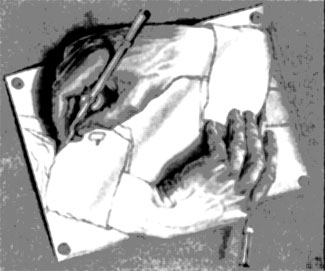
Economic development and local ecological knowledge: A deadlock?
There has been little quantitative research about the causes and rate of acquisition and loss of local ecological knowledge. Some researchers have linked the loss of local ecological knowledge to the expansion of the market economy, others have found...
